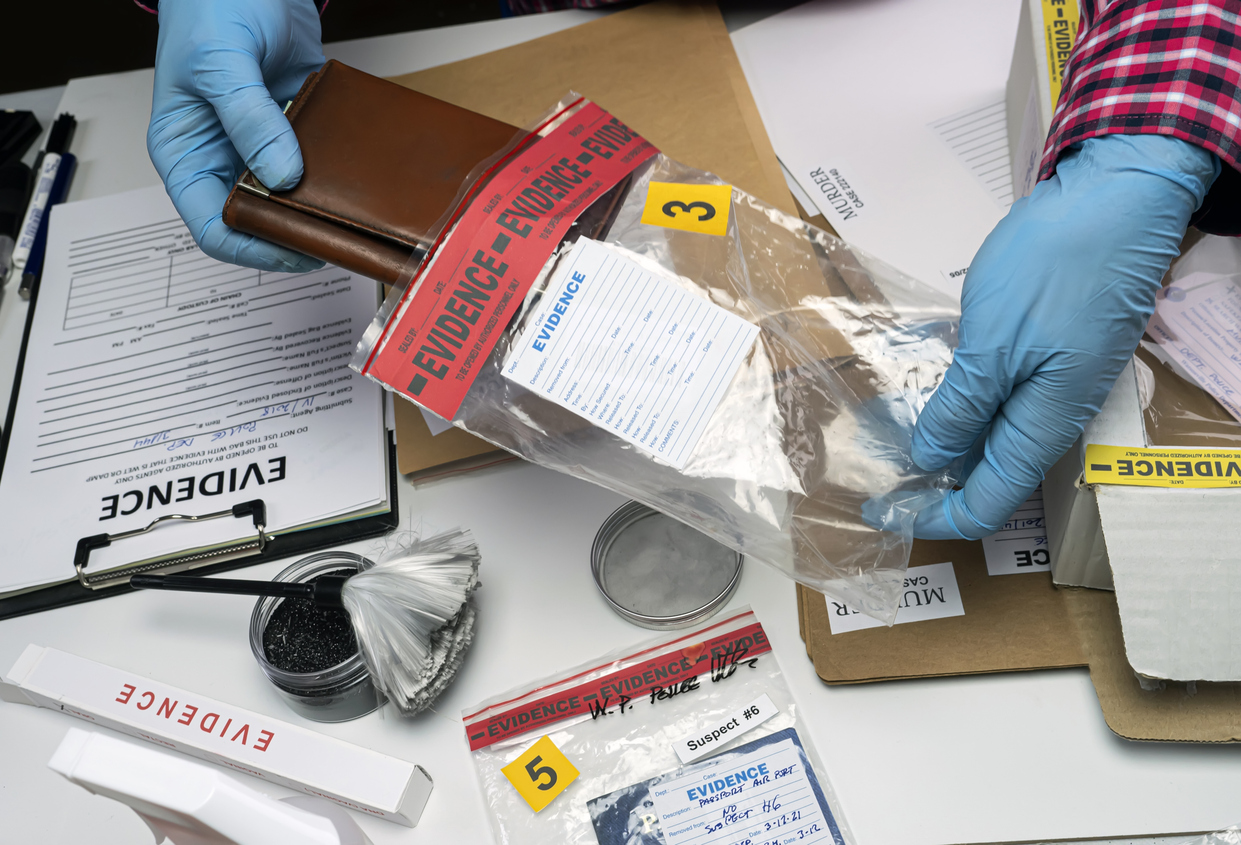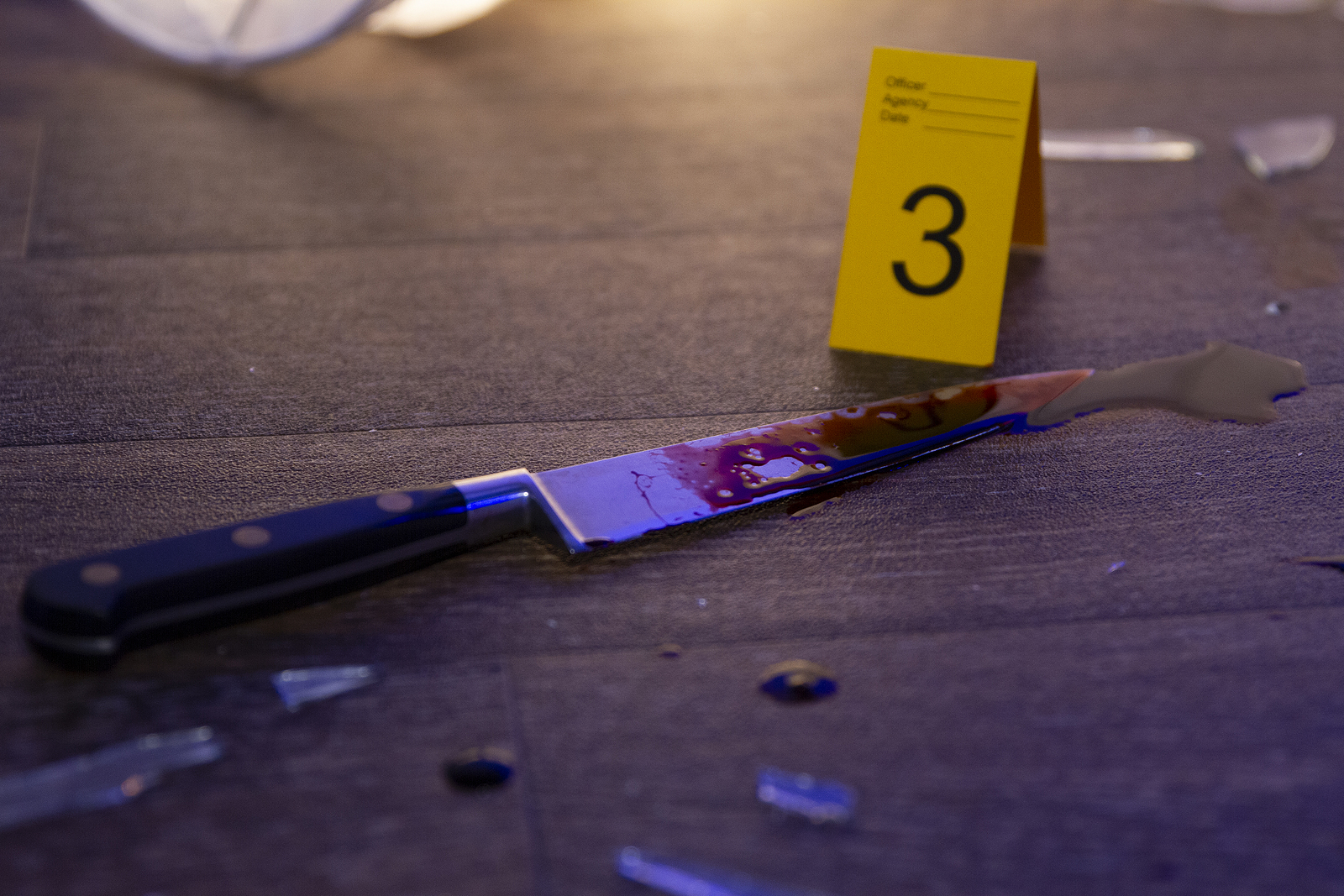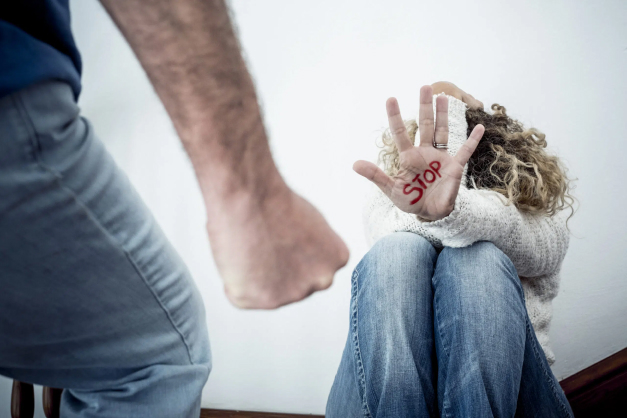Wisconsin Criminal Defense Attorney Giving You the Representation You Need for Self-Defense
Under Wisconsin law, everyone is allowed to defense his or herself and their loved ones from harm. Wisconsin Statute 939.48 states that as long as you are reasonably in fear for your life, you may use force up to and including deadly force to protect yourself.
This covers a wide range of situations. However, a claim of self-defense does not exempt someone from arrest or prosecution. If an investigating police officer is able to convince a district attorney that you may not have acted in self-defense, you could potentially find yourself on trial. Under these circumstances, you could be tried with everything from simple assault to homicide. If you have been arrested for acting in self-defense, it’s vital to understand Wisconsin law and how evidence could play a role in your trial.
What is Considered Self-Defense in Wisconsin?
Self-defense is any action a person takes to protect themselves, their loved ones, and/or their property. This could include everything from threatening an individual to using actual force. Actual force includes the use of a firearm for purposes of self-defense. Under Wisconsin law, you may act to defense yourself under the following circumstances:
- You Were Acting to Protect Your Own Life
- You Were Acting to Protect Another Person’s Life
- You Were Acting to Protect Private Property
- You Were Acting to Prevent a Person from Committing Suicide or Engaging in Self-Harm
A simple claim of self-defense does not automatically exempt someone from arrest or prosecution. This is to prevent people from committing criminal acts and later claiming self-defense. In order for an argument of self-defense to succeed, you must prove that you were in fear for your life or the life of another person, or that you were acting to protect private property. You must also prove this was a reasonable fear.
Reasonable means the average person would have acted in a similar manner. For example, if you see someone standing in your driveway and they are not acting in a threatening manner, you may be held liable if you shoot or harm that person without provocation.
Under Wisconsin Law, you are not required to retreat from a threat before using force to defend yourself. This is especially true if you act inside your own home. Wisconsin Law contains what is known as the Castle Doctrine. This legal doctrine originates from the phrase “a man’s home is his castle.” This means a person is allowed to use deadly force to protect themselves and/or others inside their own home.
There are some cases in which you cannot argue self-defense. One of these is if you were committing a criminal act at the time. If you were in the process of robbing someone’s home and the homeowner attacked you, you cannot argue self-defense for harming or killing the homeowner.
Another example is if the victim is a public safety worker acting in the course of his or her duty. This means you cannot argue self-defense for attacking a police officer or paramedic attempting to restrain or medically treat you. A possible exemption to this is if the individual did not identify themselves as a public safety officer. Another exemption is if the public safety officer was engaging in a crime when you attacked them.
What Role Does Evidence Play in Self-Defense Cases in Wisconsin?
Self-defense cases may come down to one person’s word against another’s. If the victim died or was incapacitated, the case may come down to your word versus a police officer’s. It may also come down to your word versus evidence presented by the state.
This is why it is vital to come to court prepared with evidence in your favor. Judges and juries are more likely to believe what they can see with their own eyes. If you are able to present evidence proving you acted under Wisconsin’s self-defense laws, your likelihood of acquittal is higher. Evidence you can present at court could include:
- Security Camera Footage
- Eyewitness Testimony
- Crime Scene Reconstruction
- Evidence of the Victim’s Mental State
If you have any type of smart home surveillance, images and footage can be submitted in court as evidence in your favor. Also, if friends or family members witnessed you acting in self-defense, they can take the stand and give testimony in your favor.
Crime scene reconstruction is another piece of evidence that can be presented. This is especially valuable if it is your word against the victim’s or if you are being charged with homicide. Crime scene reconstruction will use elements from the police report including photos, ballistics, and other information to build a model of the crime scene. This can either be computer generated or a model. This reconstruction can demonstrate how you acted in self-defense.
Another valuable piece of evidence is proof of the victim’s mental state. The Wisconsin Supreme Court has ruled a person arguing self-defense can present evidence the victim had a history of violent behavior. You do not even have to have known the victim was violent at the time you acted in self- defense.
What Should I Do if I Need to Argue Self-Defense in Wisconsin?
If you acted in self-defense but are being tried with a crime, don’t hesitate to contact the attorneys at Casper-Mehlos Law Group. We’re located at 2430 Winnebago St., Madison, WI 53704, a mile Northwest of the Goodman Community Center and two miles East of Tenney Park Beach.
Our lawyers are experienced in gathering evidence to successfully argue self-defense cases. We believe every Wisconsinite has the right to protect themselves, their loved ones, and their home. We take every self-defense case seriously and will work with you every step of the way to ensure your case is presented to the court in the clearest terms.
If you or a loved one are being charged with a crime and need to argue self-defense, contact Casper-Mehlos Law Group immediately at 608-820-8926 or email us for a free consultation. A poorly argued self-defense case could result in a homicide conviction. This could cost you your freedom. Don’t let a misunderstanding ruin the rest of your life.

 (608) 820-8926
(608) 820-8926 Call Us Now
Call Us Now Email Us Now
Email Us Now


